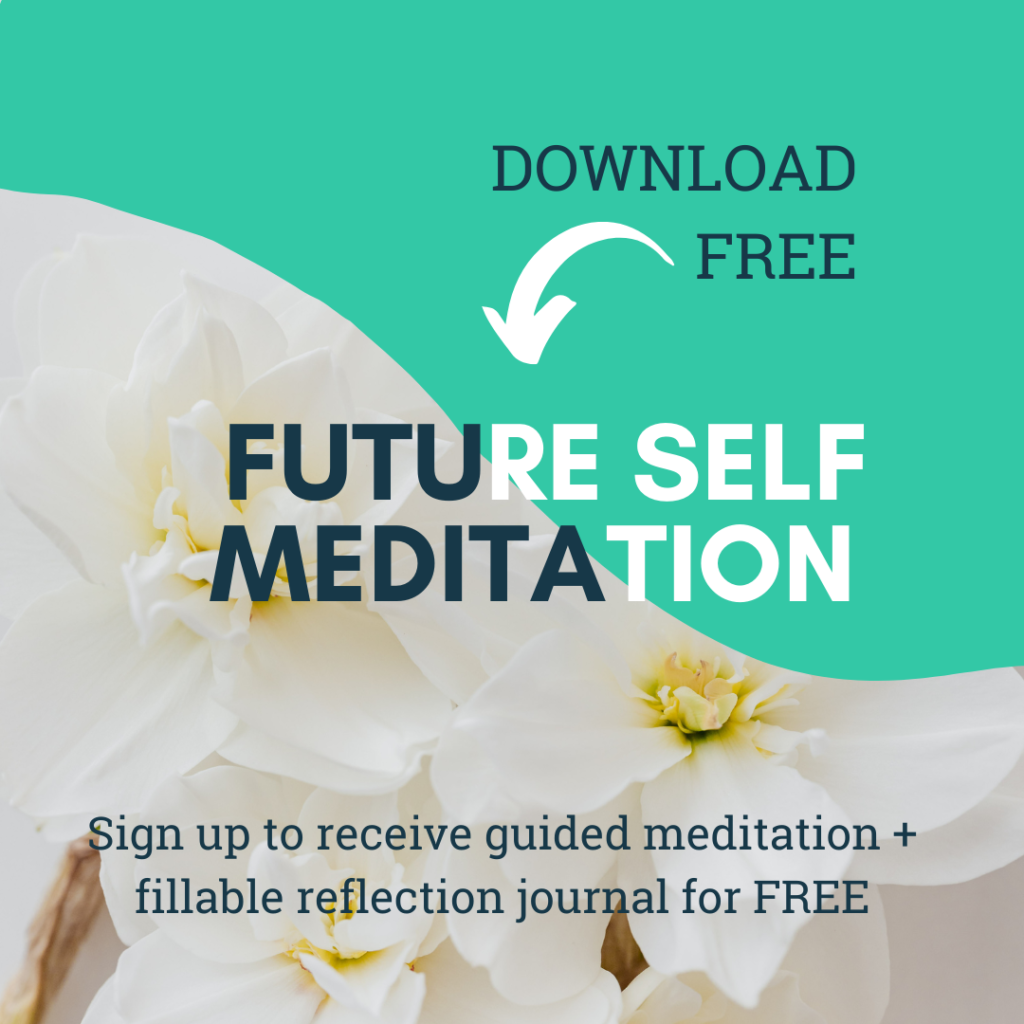Trust, vulnerability, identity and what lies just outside the frame. Many of us have been sheltered and safe, now going on for months. I know for myself it was initially a feeling of going stir-crazy just not having the choice to go outside. Now of course, I’m naturally more introverted. I don’t care for large gatherings of people or even parties and networking events for that matter. But there’s something about just having the choice that feels freeing. Something that I miss sometimes now.
As we started adapting to making our home, our work, and our social places all-in-one, something interesting started to transpire. I was fascinated about how much more connected people could be, and how much more empathy was present, as we all gathered for meetings and networking groups, and were able to see and peer into each other’s homes, and really, into each other’s lives. Suddenly we weren’t making excuses for being parents or married or single or pet owners. Suddenly we were all just humans doing the best that we can in the most real way. That, in and of itself, is the height of grace that we had forgotten back when the world was open.
What is the identity we allow people to see? (and not see?)
But more and more in these engagements I started to realize something else too. So I’ve been working from home for half a decade now. I have the luxury of having a dedicated workspace, a corner of my home that is meant to be mine, set aside for work, the chair that I know is my work chair. And in that space I try to keep it as free from distraction as possible. Now I know this might seem like a small thing. But I’m finding more and more the small things are the big things in this pandemic raided world.
 Thinking about the identity we allow people to see, it’s now curated more than ever. And yes, we can hear each other’s families and pets and loved ones. And sometimes when we’ve chosen to turn off our camera then you are yourself – an interesting kind of technological erasure of ourselves, while we try to remain present. There’s something interesting about having that camera on and what we choose to be seen within that frame.
Thinking about the identity we allow people to see, it’s now curated more than ever. And yes, we can hear each other’s families and pets and loved ones. And sometimes when we’ve chosen to turn off our camera then you are yourself – an interesting kind of technological erasure of ourselves, while we try to remain present. There’s something interesting about having that camera on and what we choose to be seen within that frame.
Who are you showing up as?
I know I’m not the only one who might have some clutter at the base of their home office floor or just to the left or right of view from where my computer sits. I know I’m not the only one who has considered a more curated background filled with motivational quotes and interesting book titles to show off who I might be beyond the conversation we’re having in the moment. And then of course, there are those who have resorted to filling their background with completely nonsensical depictions of who they are and what they’re about. You know, the ones who decided that putting up a picture of them on the moon or some exotic beach somehow makes sense. Keeping that in the background without actually acknowledging why they’ve chosen that to be representative of their surroundings for the day, versus who they truly are. Where they truly are. Who are you? Where are you really? And why is it not OK to show that?
What has us so afraid to show up from where we truly are?
As we’ve watched the world catch fire around the injustices of Black bodies here in America, I’m drawn to how much Black people have lived just inside the frame. We curate how we show up in work, and in social gatherings. But we think that curation is for our benefit, playing to what we think others will want to see from us. And in some ways, that has been the most damaging of all.
Existing inside the Frame (versus outside)
Hope Boykin of the Alvin Ailey American dance theater wrote a beautiful piece narrated over a collage of dancers responding to the turmoil and the trauma that black bodies and black minds and hearts and souls are experiencing at this very moment in American history. Part of that piece simply said, “We are more than what they think they see.” I am so in awe of how much that resonates.
 Because, for much of the history, if not all the history of Black people in this country, we have tried so hard to fit our identity inside this frame that has been set up – this frame that we were not allowed to participate in designing. And anything that existed just outside the frame, just kept you out. Made you other. And we went to institutions that had expectations that didn’t align with our cultural heritage. We’ve been told that the way that we speak isn’t appropriate. Or that the way we move is not right. And that the way we style our hair is unprofessional.
Because, for much of the history, if not all the history of Black people in this country, we have tried so hard to fit our identity inside this frame that has been set up – this frame that we were not allowed to participate in designing. And anything that existed just outside the frame, just kept you out. Made you other. And we went to institutions that had expectations that didn’t align with our cultural heritage. We’ve been told that the way that we speak isn’t appropriate. Or that the way we move is not right. And that the way we style our hair is unprofessional.
I mean, think about it: aren’t microaggressions simply a reflection of when someone’s truth comes from outside of the frame? Is that not that little bit of color or culture that we maybe pushed out of the camera’s view? Are we all just waiting for when the cameras are off so we can go and be who we really are? To own our identity in the comfort of our own homes, in the comfort of our own selves? And now it seems like suddenly no one is so concerned about hiding the truth that exists outside the frame. Now as we rush to flood the frame with our truth we can’t absorb these new data points fast enough. Just check the NY times bestsellers this week.
Our Identity outside the Frame
Suddenly we’re all compelled to uncover, not just appreciate, but truly explore and seek out those pieces that exist outside the frame for some of us in this world. Some of us are acknowledging that the world we exist in has others living in the outskirts, in the corners. And while it’s scary to think of how much is available to us in terms of truly understanding ourselves and understanding each other, there’s a tremendous opportunity. Because when we allow ourselves to trust ourselves, to show others who we truly are, then we have an opportunity for authentic trusting relationships with others. Because it’s no longer based upon what we think we see, or how others may perceive us. Instead we can have conversations that include the pieces of us that speak for us after the cameras are off.









